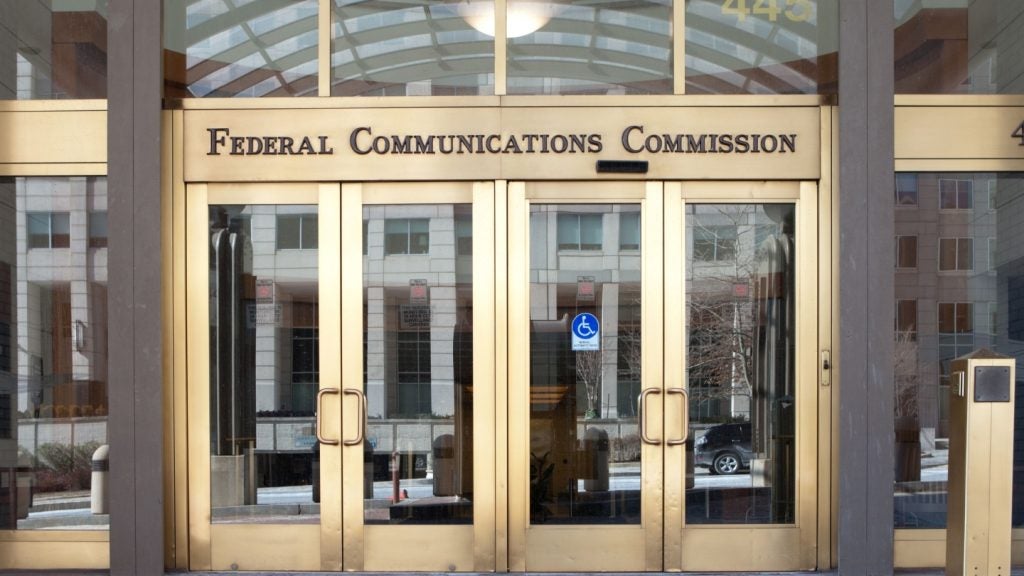
Service providers in enterprise telecoms are increasingly caught on the horns of a dilemma. Which comes first: a moral and social duty to the planet, or a fiduciary duty to shareholders? Legally, the latter currently commands the high ground, but customers, partners, suppliers, talent, investors, governments, and regulators are demanding ever stricter adherence to emerging sustainability standards like SBTi (Science Based Targets initiative) and TCFD (Task Force on Climate-related Financial Disclosures).
Ironically, there are still may ‘standards’ to choose from. It is also widely accepted that, as well as the benefits of being good corporate citizens, caring employers, and responsible commercial actors, adherence to ESG (Environmental, Social, and Governance) targets can deliver positive commercial results. If nothing else, it is evidence of open-minded and progressive management as part of a coherent business strategy.
In the era of low interest rates, a relatively stable economy, and growing awareness of humankind’s threat to the planet, sustainability trended strongly over recent years – and it continues to do so. However, ‘black swan’ events like the Covid-19 pandemic, the war in Ukraine, and the growing cost of living crisis are forcing enterprises of all sizes to focus on their bottom line.
This is (hopefully) only a short-term concern and more normal economic service will return in due course. Longer-term, the challenge in sustainability terms will be Scope 3 (emissions from other organizations on the value/supply chain for which a company has indirect responsibility).
Current plans tend to cover Scopes 1 and 2 (direct and indirect greenhouse gas emissions) and are more easily achievable due to direct control (either internally or through contractual obligations). However, service providers need to work closely with their partners for Scope 3 commitments – especially as analysis suggests that this often accounts for 70% of total emissions.
Low hanging fruit for enterprise telecoms
In order to achieve their goals, truly committed ESG leaders may have to choose between the planet and profit. This is certainly being planned for as companies and entities up and down the value chain focus on emissions reporting. However, this is a complex challenge as it involves procurement, regulation, corporate image, benchmarking, endorsement by independent third parties, and meeting end customers’ own commitments.
How well do you really know your competitors?
Access the most comprehensive Company Profiles on the market, powered by GlobalData. Save hours of research. Gain competitive edge.

Thank you!
Your download email will arrive shortly
Not ready to buy yet? Download a free sample
We are confident about the unique quality of our Company Profiles. However, we want you to make the most beneficial decision for your business, so we offer a free sample that you can download by submitting the below form
By GlobalDataThe danger is that Scopes 1 and 2 are the low-hanging fruit and relatively easy solutions, but Scope 3 is sufficiently distant for some telecoms service providers to be distracted by current market disruptions: how many C-Suite incumbents are going to be in place in 10 years’ time to be accountable for today’s pledges? For shareholders, this may be an understandable compromise in the short term, but, for long-term return, pressure should continue to be applied for ESG progress – for the sake of all stakeholders.




